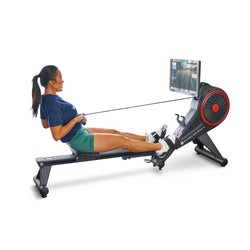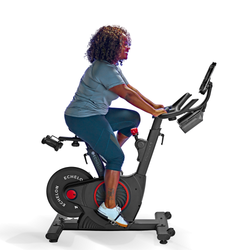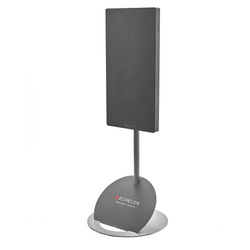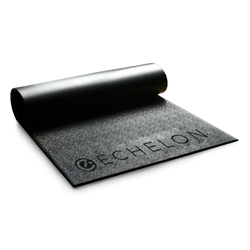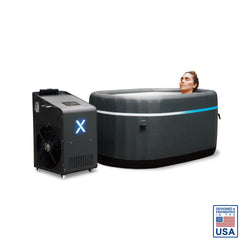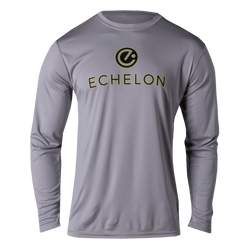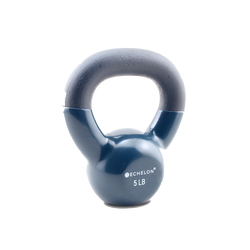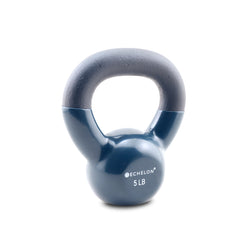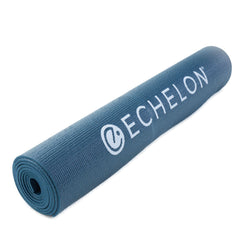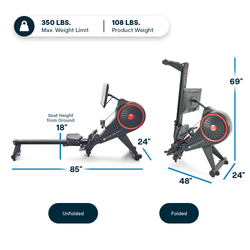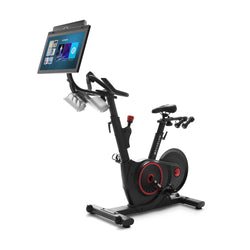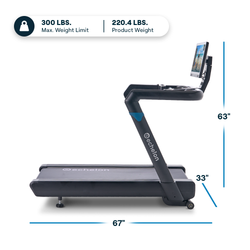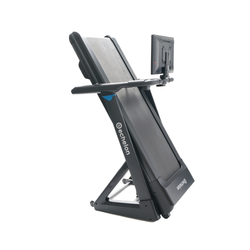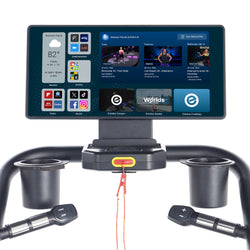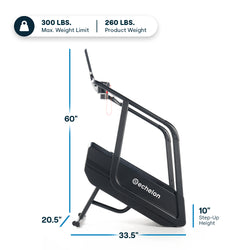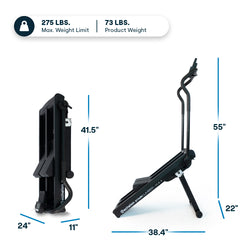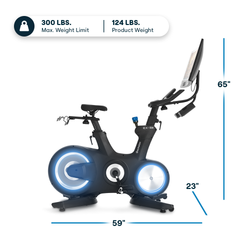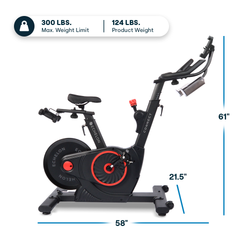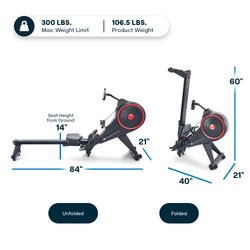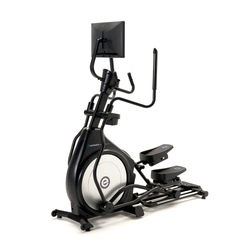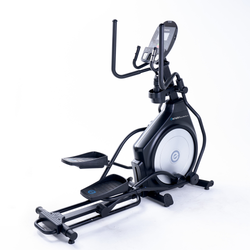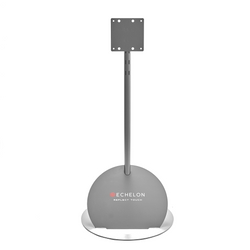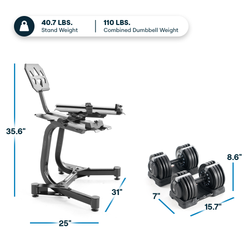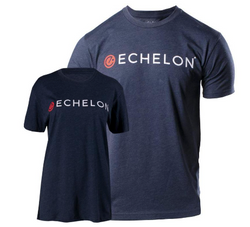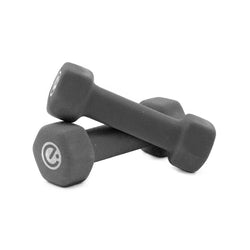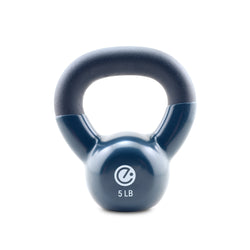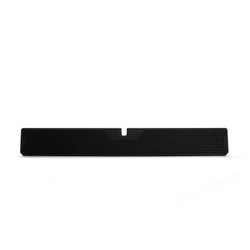Fuel Your Fitness: Nutrition's Role in Your Success

If you're new to the world of fitness, one of the most crucial aspects you'll need to understand is the role nutrition plays in your success. In fact, you can think of nutrition as the high-octane fuel that powers your fitness journey. Just like a car can't run without gas, your body can't perform optimally without the right nutrients. In this blog post, we will explore how you can harness the power of nutrition to fuel your fitness journey.
The Power of Nutrition: Fueling Your Fitness Journey
Diving deeper into the role of nutrition, think of it as the high-octane gasoline that powers your physical transformation. Each morsel you consume is ingeniously converted by your body into a variety of nutrients that contribute to cellular repair, muscle development, and energy production. The quantity and quality of your nutrient intake not only dictate the fuel for your workouts but also determine how efficiently your body recovers post-exercise.
The truth about nutrition and fitness is that they share a symbiotic relationship. You can't optimize one without giving due consideration to the other. Your body's performance is heavily influenced by what you feed it. A poor diet could result in a lack of energy, slow recovery, and even injuries. On the other hand, nourishing your body with the right nutrients at the right time can enhance performance, speed up recovery, and accelerate progress towards your fitness goals.
Adopting good nutritional practices isn't just about eating healthily. It's about understanding what your body needs to operate at peak performance and providing it precisely that. Different nutrients serve various functions in the body, from muscle repair to energy production, and knowing how to balance them can make a significant difference in your fitness journey.
Your nutritional strategy should be tailored to your unique body type, fitness goals, and lifestyle. What works for one person may not work for another, so it's crucial to find a nutritional plan that aligns with your specific needs and goals.
In essence, nutrition holds the key to unlocking your fitness potential. It's your body's primary fuel source, and without it, your workouts might feel like trying to drive a car with an empty gas tank. So as you embark on this journey, remember that your fitness success is as much about what you eat as it is about your exercise routine. With the right nutritional plan in place, you'll be well equipped to meet your fitness goals head-on.
Building a Nutrition Plan: Your Blueprint to Fitness Success
Creating a comprehensive nutrition plan can be perceived as a challenging endeavor, but think of it as your master plan for achieving your fitness ambitions. The cornerstone of your plan should incorporate a harmonious balance of macronutrients— carbohydrates, proteins, and fats.
Each has its unique contribution to your health:
- Carbohydrates are your body's go-to energy provider
- Proteins support in muscle recovery and growth
- Fats aid in the production of hormones and absorption of essential nutrients
The exact proportions of these macronutrients should be in sync with your individual fitness aspirations, body composition, and day-to-day lifestyle.
When it comes to establishing your nutrition plan, start by acknowledging the significance of whole foods. Opt for unprocessed or minimally processed foods that are rich in essential vitamins and minerals. Incorporate a variety of fruits, vegetables, lean proteins, healthy fats, and whole grains into your diet to ensure you’re getting a wide spectrum of nutrients necessary for optimal body function.
While planning your meals, remember that diversity is key. A varied diet not only keeps meals interesting but also ensures your body receives a multitude of different nutrients. Rotating the types of proteins, grains, and produce you eat can make your meals more satisfying and nutritionally rich.
And finally, consider the context of your day. On more active days, your body might require more carbohydrates for energy, while on rest days, it might benefit from a little more protein for recovery. By listening to your body and adjusting your nutrition plan accordingly, you can make sure you’re giving it the fuel it needs for every scenario.
Constructing a robust nutrition plan is not a one-size-fits-all proposition. It requires thoughtful consideration, careful planning, and a certain degree of trial and error. However, the end result—a nutrition plan tailored to your unique needs and goals—is a powerful tool in your fitness arsenal. Remember, every successful journey starts with a well-drawn map.
Meal Timing and Frequency: Igniting Your Metabolism
Let's demystify the topic of meal timing and frequency. No, it doesn't necessarily imply adhering to a rigid schedule of six small meals throughout the day. Rather, it's about discovering what aligns with your unique lifestyle and appetite signals. Some individuals thrive when they start their day with a substantial breakfast, while others might find that smaller, more frequent meals keep their energy levels more consistent. The objective here is to maintain steady energy levels, thereby avoiding the extreme hunger pangs that can lead to overeating. Regular meals and snacks not only keep hunger at bay but also help kickstart your metabolism, playing a pivotal role in weight management and muscle growth.
In addition, strategically timing your nutrient intake can have a profound impact on your fitness performance and recovery. For instance, consuming a balanced meal with ample carbohydrates and proteins before a workout can ensure you have enough energy to power through, while a post-workout meal rich in proteins can aid in muscle repair and growth. However, remember that this doesn't warrant rigid meal timing. Instead, pay heed to your hunger cues and energy levels, and allow them to guide your meal timing decisions.
Indeed, understanding the concept of meal timing and frequency can add another layer of effectiveness to your fitness journey. But remember, this isn't a one-size-fits-all approach. It requires patience, experimentation, and mindfulness to discover what best fuels your body and complements your fitness goals. Ultimately, the goal is to utilize meal timing and frequency as tools to keep your metabolism revved up and ready to support your fitness endeavors. So, allow your body's unique signals to guide you, and remember, consistency is key.
Hydration: The Unsung Hero of Fitness Nutrition
In the realm of fitness and nutrition, hydration often doesn't get the limelight it rightfully deserves. Far from being just a thirst quencher, water is fundamentally entwined with nearly every physiological function of the body. It aids in everything from digesting the healthy foods you consume, transporting the vital nutrients they contain to where they're needed most, and even plays an integral role in body temperature regulation, a critical factor during your intense workouts.
Targeting a minimum of eight 8-ounce glasses of water each day is a general guideline. However, this is merely a starting point. The fact of the matter is, your hydration requirements can and will fluctuate, particularly with increased physical activity. During exercise, you perspire to cool your body down, but this also means you're losing fluids that need to be replaced to maintain peak performance and avoid dehydration.
Another element to consider is the type of workout you're undertaking. High-intensity exercises or longer-duration activities will invariably lead to higher sweat rates and therefore necessitate increased fluid intake. As such, understanding the intensity and duration of your workouts is paramount in customizing your hydration strategy to suit your fitness regimen.
While water is undoubtedly the champion of hydration, don't forget the essential role of electrolytes, especially during more prolonged or strenuous exercise. These are minerals, including sodium, potassium, and magnesium, which help maintain your body's ionic balance and are vital for muscle function. Replenishing these during and after exercise can be achieved by incorporating foods rich in these minerals or even through specially designed sports drinks.
Understanding and prioritizing hydration adds another dimension to your nutrition strategy, boosting your body's ability to perform and recover. And while it's easy to overlook, remember that it's as integral to your fitness journey as the meals you meticulously plan and the workouts you diligently perform. As you stride forward in your fitness journey, consider hydration as your silent partner, continually supporting you every step of the way.
Overcoming the Challenges: Maintaining Consistency and Discipline
Embracing the world of fitness nutrition can seem like a daunting task. It is not simply about gaining knowledge on the subject, but more importantly, about the consistent application of that knowledge. The most significant obstacles often involve maintaining consistent dietary habits and the discipline to adhere to your personalized nutrition plan.
To overcome these challenges, begin by setting achievable and realistic goals. It's important to remember that change doesn't happen overnight; it is a gradual process. Having a clear picture of your progress and celebrating small wins can be a powerful motivator.
Planning is another vital element in maintaining discipline. Just like your workouts, consider your meals and snacks as parts of your daily schedule. Plan your meals in advance and prepare them ahead of time, whenever possible. This reduces the likelihood of making impromptu and potentially less healthy food choices.
Keep healthy snacks within reach to help curb sudden hunger pangs, avoiding the temptation of reaching for an unhealthy alternative. Don't be hard on yourself if you indulge a little now and then. The aim is to maintain a balance rather than strict restriction.
Keeping a food diary can also be beneficial. Tracking your food intake encourages accountability and provides a clear overview of your eating habits. This can help identify areas for improvement and serve as a useful tool for maintaining discipline.
Remember, in the world of fitness and nutrition, consistency is king. With perseverance, these healthy eating habits will eventually become second nature, forming an integral part of your fitness journey. You'll realize that nutrition isn't about strict rules and deprivation, but rather, it's about providing your body with the nutrients it needs to perform at its best. So, embrace the challenge and consider it an exciting part of your journey to fitness.
Support and Guidance: You're Not Alone in This Journey
Embarking on a fitness journey may feel daunting, but rest assured, you have numerous allies and resources to help guide you. From skilled personal trainers who can tailor workouts to your unique needs, to professional nutritionists who can demystify the complex world of nutrition and help you devise an effective meal plan. Moreover, belonging to a community like ours offers an additional layer of support and camaraderie. Navigating this journey becomes significantly easier when surrounded by individuals who share the same goals, experiences, and aspirations.
In your quest for fitness, don't hesitate to tap into these resources. Ask questions to expand your knowledge, seek advice when you're uncertain, and lean on others for motivation and support when the going gets tough. Remember, everyone's journey is unique, and it's okay to ask for help along the way.
Balancing nutrition and fitness can be complex, but with the correct knowledge, appropriate guidance, and unwavering commitment, you can optimize your approach to unlock your fitness potential. So, forge ahead with confidence and determination. After all, this journey is not a solo endeavor, but a collective quest towards healthier living. With the right support, the road to fitness becomes not only manageable but also an incredibly rewarding experience.


